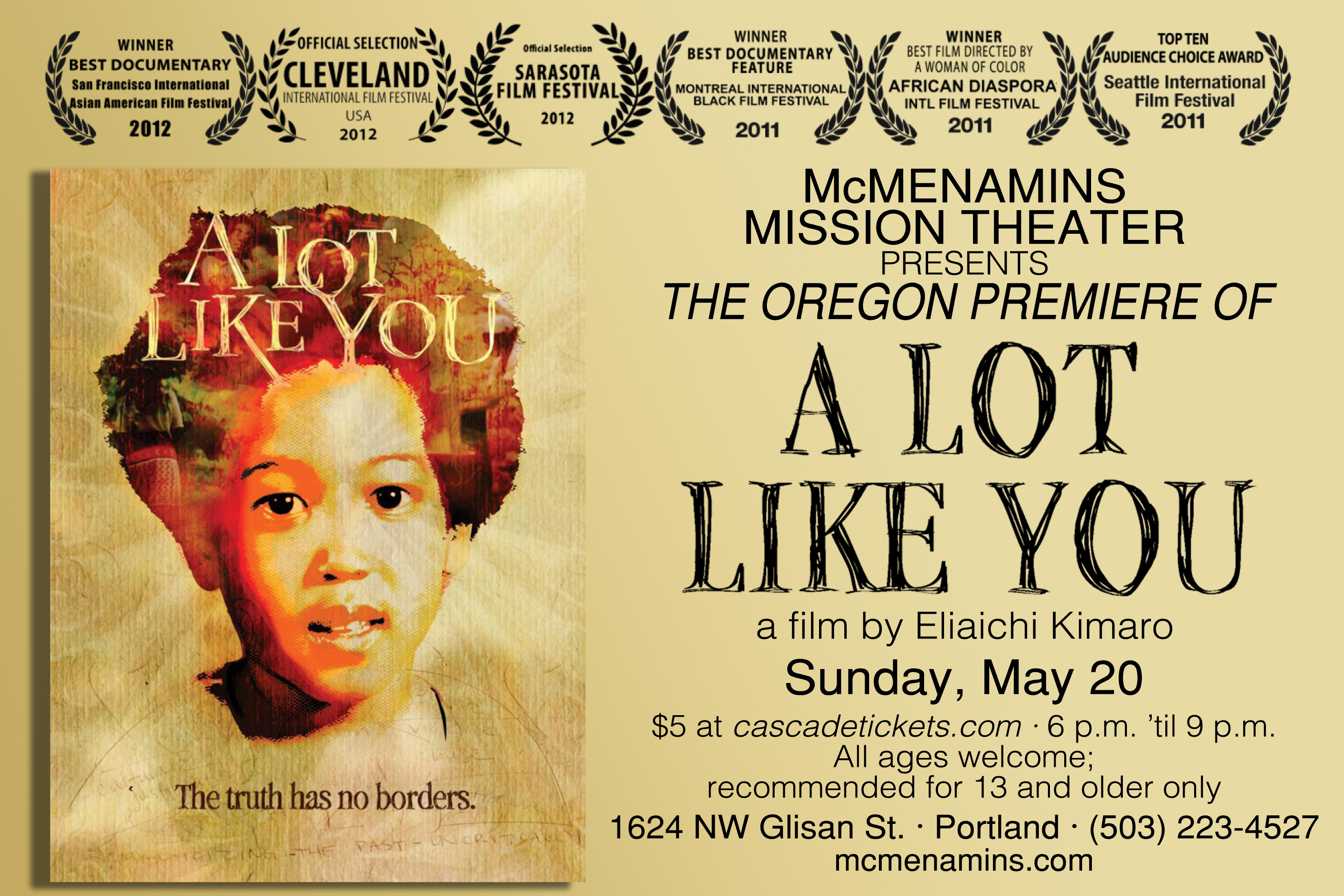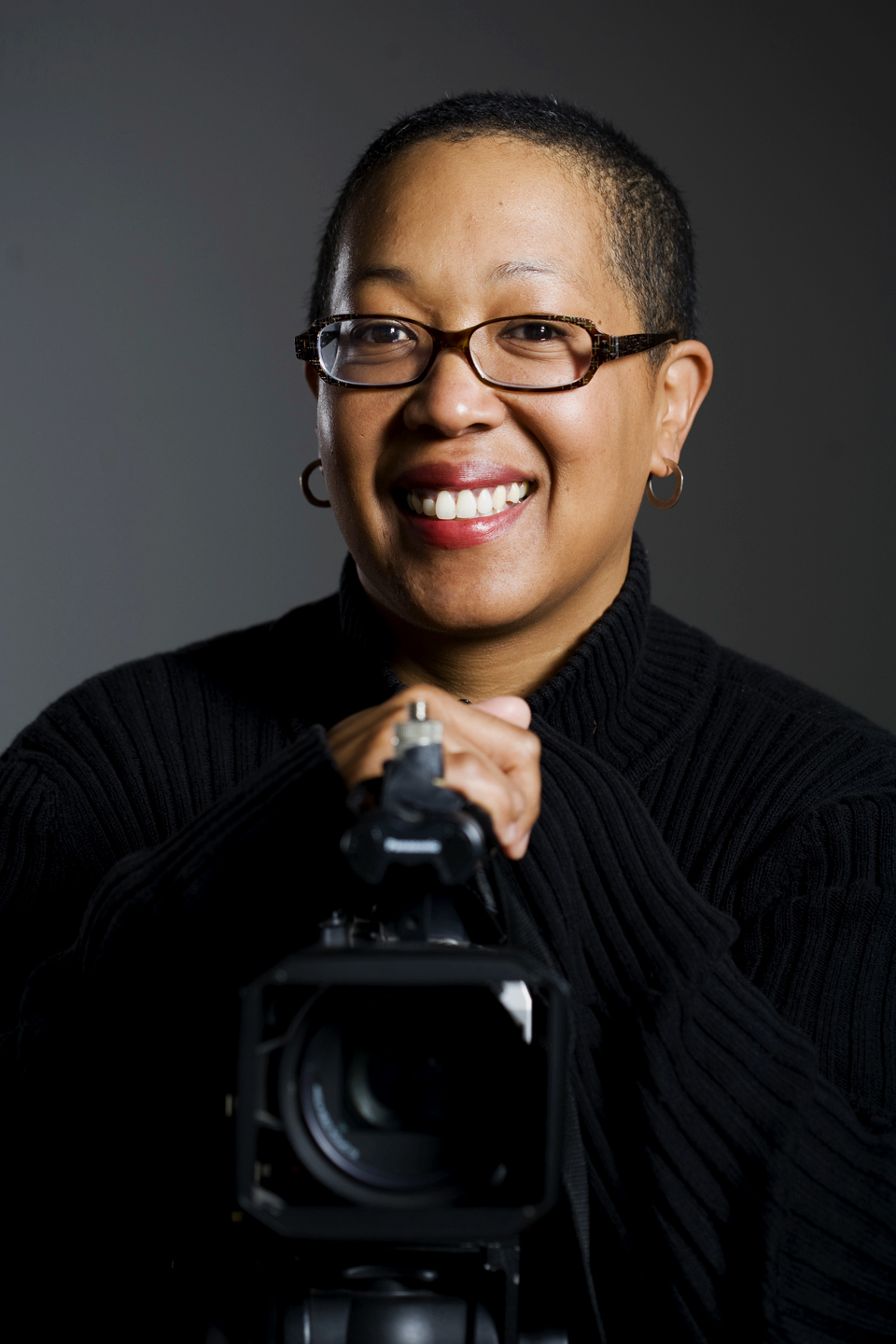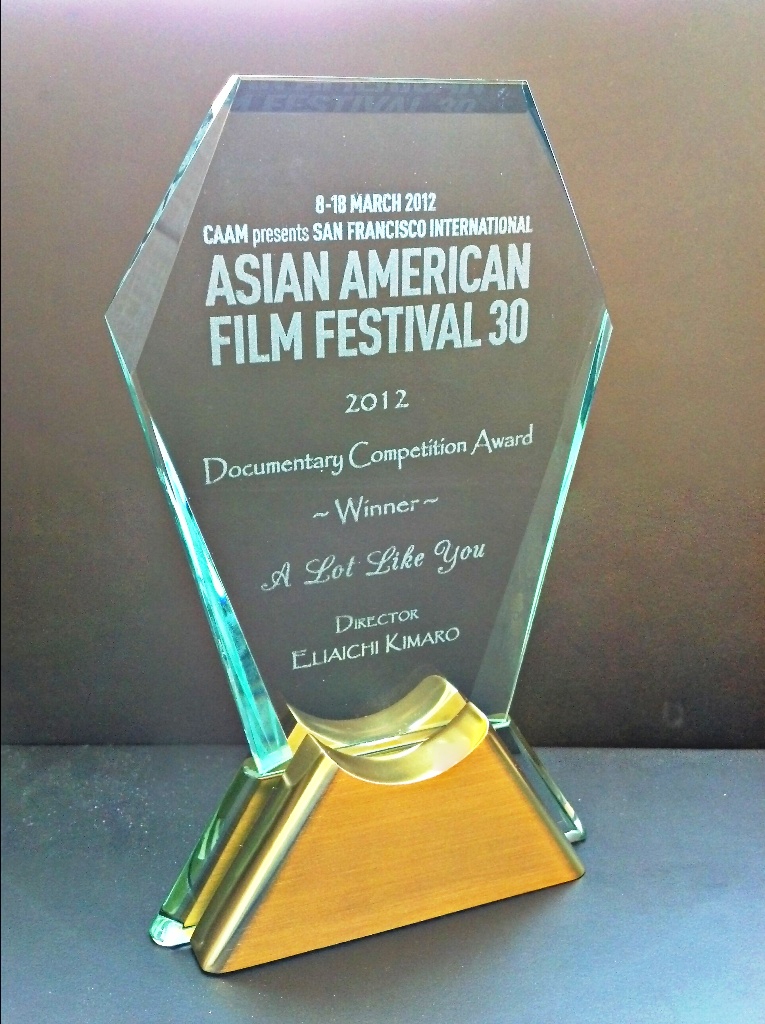Can you believe the festival is now only days away? Unbelievable! So everyone is coming to me saying, “I know the big headline films, what about some smaller, really personal stories?” Well, you can’t go wrong with Eliaichi Kimaro’s A Lot Like You (which recently won Best Documentary at the San Francisco International Asian American Film Festival)!
Activist turned filmmaker Eliaichi Kimaro goes in search of her identity and discovers long held family secrets. Kimaro is the daughter of a Tanzanian father and Korean mother. Wanting to develop a stronger bond between herself and her African roots, Kimaro journeys to Tanzania. There she discovers that the cycle of violence she has been working hard to break in her US home is part of her family history and culture on another continent. This is a story of sweeping themes about violence against women, exile and return, multicultural identity-and intimate family details. It reveals how simply bearing witness to another person’s suffering can break silences that have lasted for generations.
A Lot Like You screens THIS SATURDAY at 3:00 PM and encores Wednesday, April 18 at 1:00 PM. Eliaichi Kimaro will be here for filmmaker Q&As after each showing!
……….
THE INSIDER: What inspired you to seek out your father’s tribe on Mt. Kilimanjaro and to document your experiences there?
ELIAICHI KIMARO: I’m a first-generation American. Dad is a Chagga tribesman from Tanzania and Mom is from Seoul, S Korea. I grew up close to my extended Korean family, but my connection to Dad’s family and culture felt distant. o when my partner and I got married in 2002 (also an interracial relationship), I realized everything our kids learn about their Korean or Chagga heritage would have to come from me. And I panicked. Because what the hell did I know?! By this time, I had been working as a trauma counselor for over 12 years and was feeling burnt out and ready for a change.
So one day, driving in to work, I heard Angelique Kidjo sing Summertime. Her voice transported me back to my summers in Tanzania. Suddenly, my mind’s eye started playing out the opening montage just as it appears in the finished film — the view out the window as we drive from our home on Mt. Kilimanjaro down to the plains. And in that moment, I felt a huge surge of relief. Because even though we had zero skills or equipment or know-how…I felt like I had finally figured out a way to capture and preserve our Chagga cultural heritage and family stories.
So that night, I went home and told Tom my idea. The next month, I was sitting in an intro to filmmaking class. And then seven months later, Tom and I quit our jobs, bought our equipment and one-way tickets to Tanzania. And we were off.
THE INSIDER: Did you face any obstacles getting the movie made?
ELIAICHI KIMARO: Absolutely! We were a two-person novice filmmaking team, shooting on location in a rural village on Mt Kilimanjaro for nine months. So our learning curve was steep — working around frequent blackouts, navigating language/cultural communication barriers, grappling with what “informed consent” really means when your film subjects have never seen a movie.
When we returned to the US in 2004, we struggled to find funding. I was a first time filmmaker with no proven track record, and our economy taking a turn for the worse. Purse strings tightened as funders wanted to fund projects that were “sure things”. So we focused instead on individual asks through crowd funding, major donor asks, houseparties, even a benefit auction organized by our friends. All these efforts combined raised enough to cover the first year of post-production. Which is amazing. And yet we went on to edit the film for another 7 years…
THE INSIDER: When did you feel you had truly found the heart of your movie?
ELIAICHI KIMARO: In the film, my Aunt tells me that they had been waiting for the day when they could finally open up and tell someone the truth about their lives. Once they start telling their story, and realize they’re not going to get shut down, a dam bursts open. Witnessing the transformation that takes place in my Aunts over the course of our conversation is astounding. Every time, I’m reminded of how we all have a desire to be heard, to be seen, to know that we matter, and that our stories matter. Regardless of who we are, or where we come from, this human need to connect is what connects us all. My conversation with my Aunts left me reeling. In that moment, sitting together with them in that hut, I knew that I had inadvertently stumbled upon the heart of our film. And I now faced a confounding dilemma.
Because for seven years, the story we were trying to tell was about Dad and his struggle to fit back in with this family after living in the US for 40 years (our working title, Worlds Apart). But my Aunts didn’t tell my Dad what happened to them. They told me. And I knew for us to do justice to my Aunts’ stories, I would have to be in the film. So I had to face what was by far my biggest obstacle — overcoming my resistance to being in the film, and believing that I had the right to take up space with my story. Needless to say, in that eighth and final year, we completely overhauled our entire narrative.
THE INSIDER: What were some of the most powerful moments from the shoot?
ELIAICHI KIMARO: The most powerful moments from the shoot are also the most powerful moments in our film. And they center around how we choose to define our own cultural legacy. My Aunts, my parents, and me, we are all confronted with this decision. Each of us must face up to secrets we’ve been carrying, and make a choice about the stories we will pass down. And with our story spanning three generations, you see the ripple of effect of those choices on the next generation as they come to terms with this family and culture they’ve inherited.
THE INSIDER: Your documentary is playing as part of our Through Women’s Eyes program. What do you hope audiences, particularly women, as well as individuals from a multi-cultural background, will take away from the experience of seeing your film? (And everyone, please note, we have a U.N. Womens Filmmakers Reception this Saturday from 6:30 PM to 8:30 PM at the ART CENTER, 707 N. Tamiami Trail featuring the attending artists from our TWE program!)
ELIAICHI KIMARO: I hope one take-away of our film will be realizing how important it is for us all to tell our stories. Especially as a mixed-race, 1st generation American woman, with a daughter who’s even more mixed than me — I feel a certain responsibility to make sure we are contributing our stories to this evolving narrative about the human experience. We must become the subjects of our own stories, instead of the objects of someone else’s. Because there is something profoundly liberating, validating, about seeing aspects of your self, your experience, your truth, reflected back at you from the page, from the canvas, from the screen. And beyond that, this film is truly remarkable in its ability to stimulate dialogue and introspection. It will resonate with anyone — regardless of race, class, gender, culture — who has ever been curious about exploring who they are and where they come from.
THE INSIDER: What’s next for you?
ELIAICHI KIMARO: As an “activist who just happens to have made a film”, I plan to do everything I can to help this film reach its widest audience. I want to travel with this film as much as possible so I can show up for audiences and engage in the truly inspired and transformative conversations that this film conjures up. We’re also cutting the hour-length version of A Lot Like You for TV broadcast, as well as educational and international distribution. And we’re building strategic partnerships with non-profits who are interested in exploring how to use this film to help further their mission. And through my company, 9 Elephants Productions, I will continue producing videos for local and national non-profits working within traditionally marginalized and underserved communities to address social & economic justice issues.
The Insider
Wanted by motion picture executives for revealing industry secrets to a public with the Right to Know, “The Insider” has spent over 15 years working behind the scenes in almost every aspect of “The Biz” developing a secret network of contacts, spies, moles, and highly trained counter-intelligence operatives and movie ninjas whose only goal is to inform and entertain you-and help you make this the best year of the Sarasota Film Festival ever!







